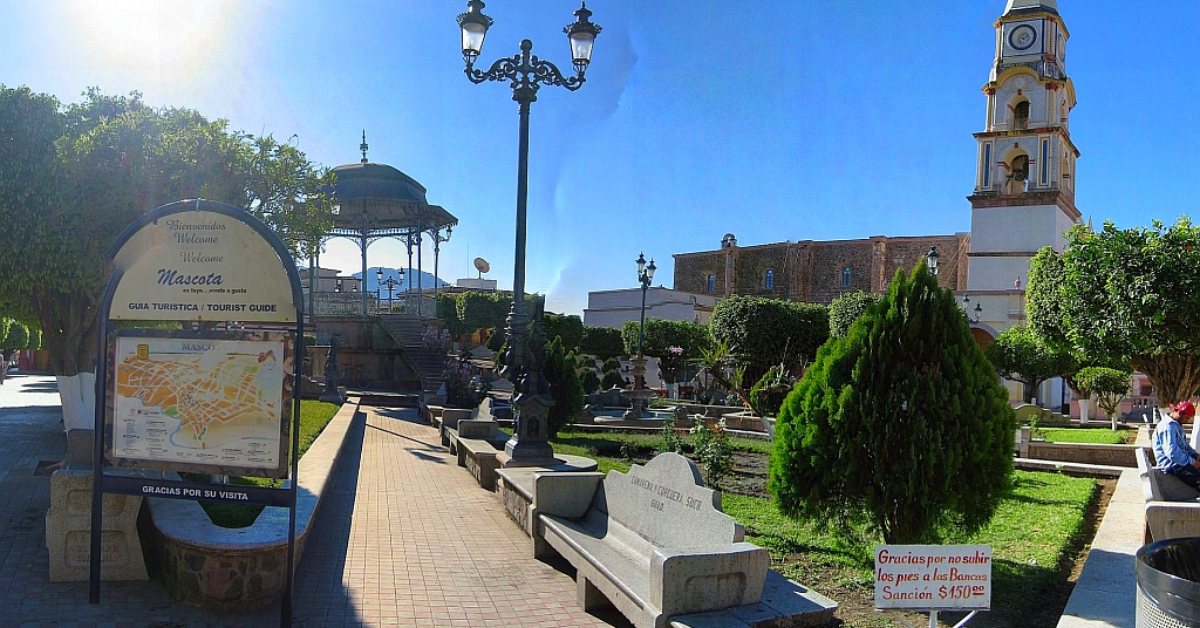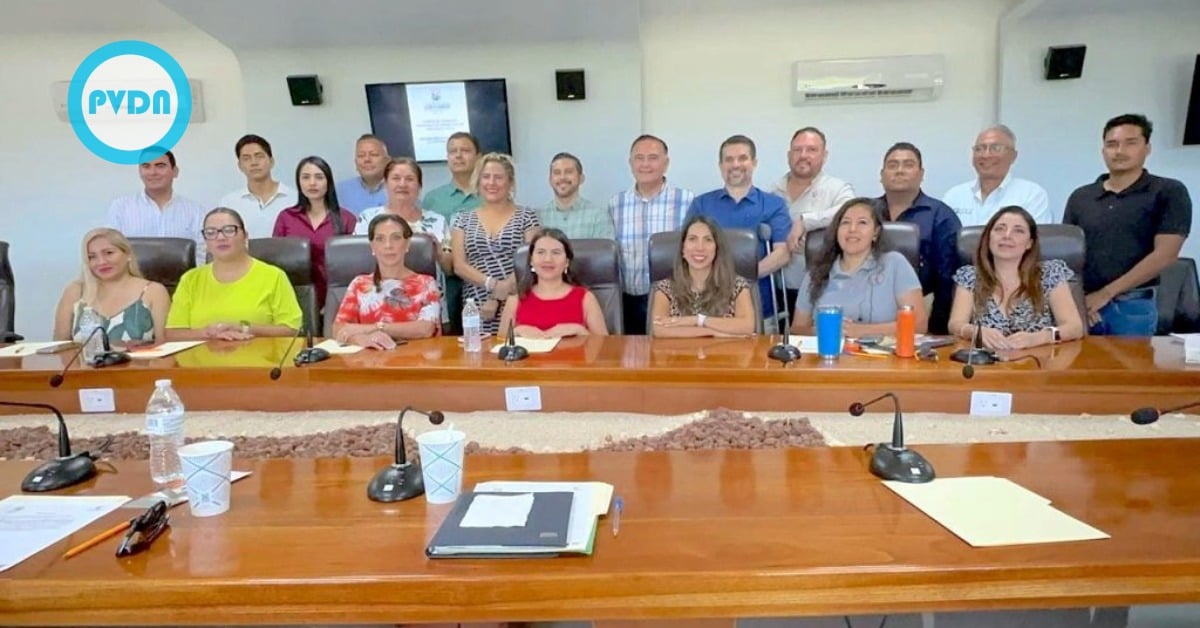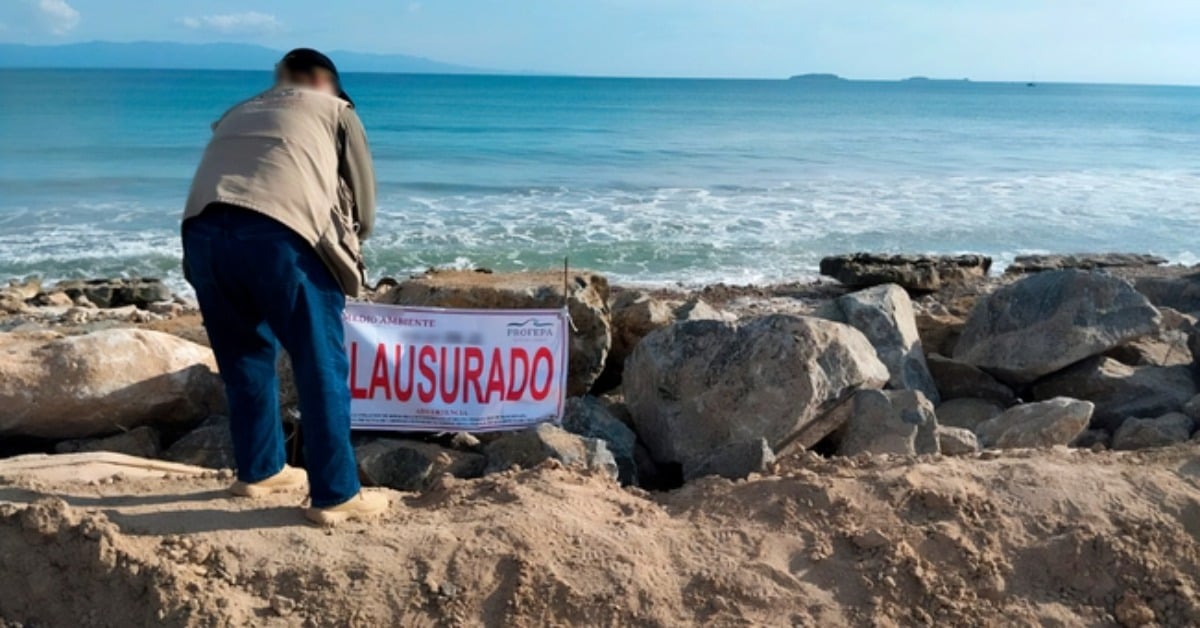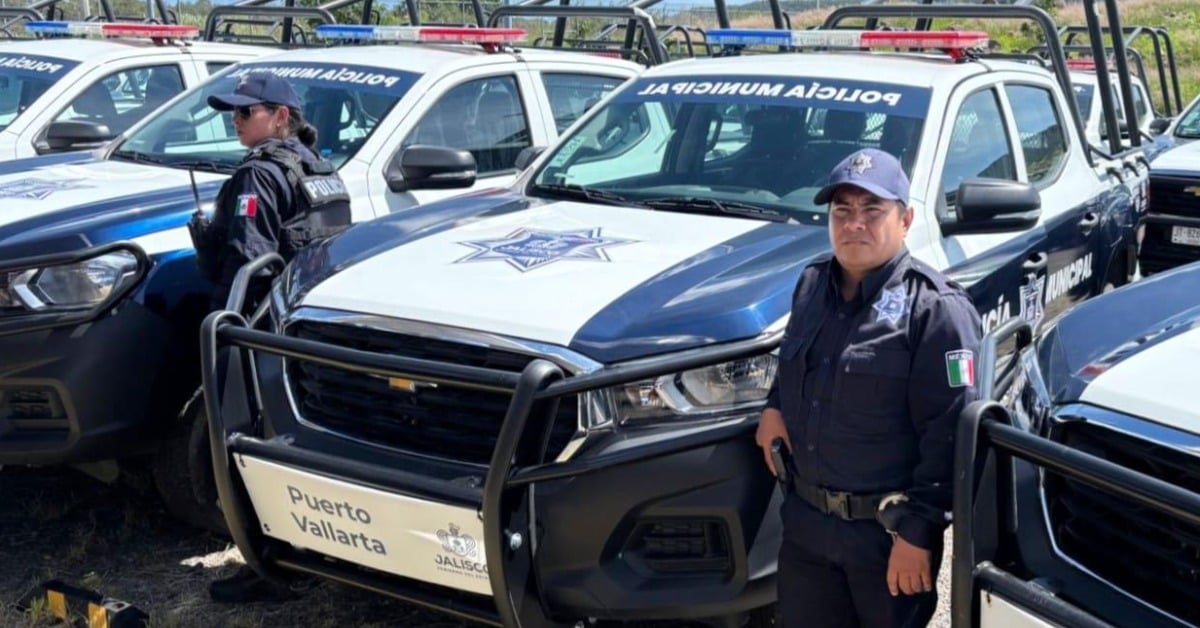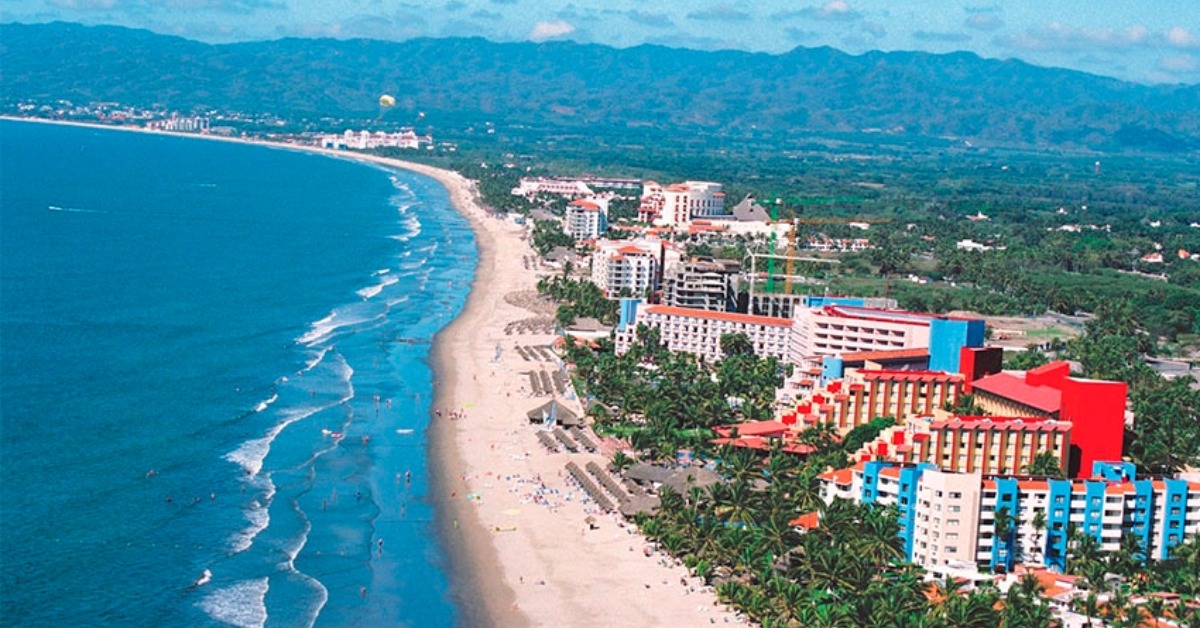After the United States government included 30 of the 32 states of Mexico in its travel alert, the American Embassy also calls not to drive on certain highways of the country, among which is State 544, which leads from the municipality of Mascota to Puerto Vallarta.
In its most recent travel alert, published on June 13, the US government asks to reconsider traveling to the state of Jalisco, due to the "crime and kidnapping" that occurs in the entity.
“Violent crime and gang activity are common in parts of the state of Jalisco. In Guadalajara . . .


